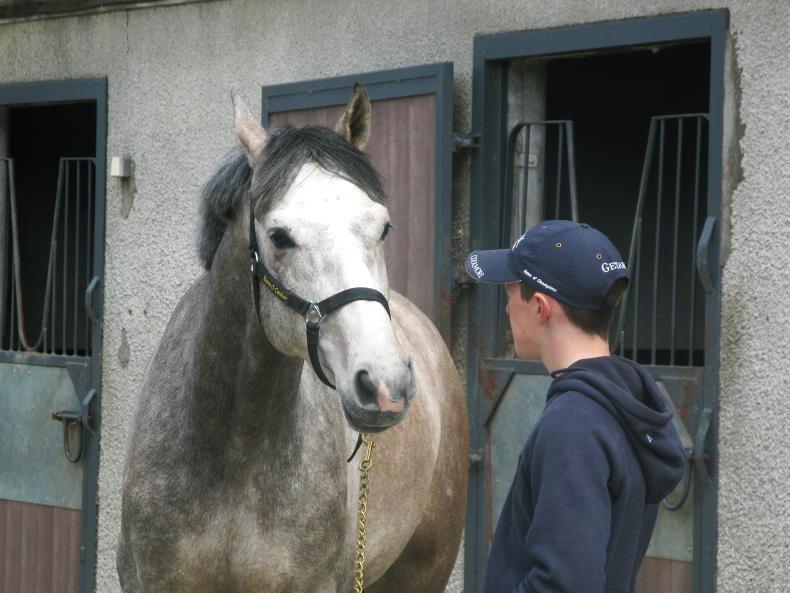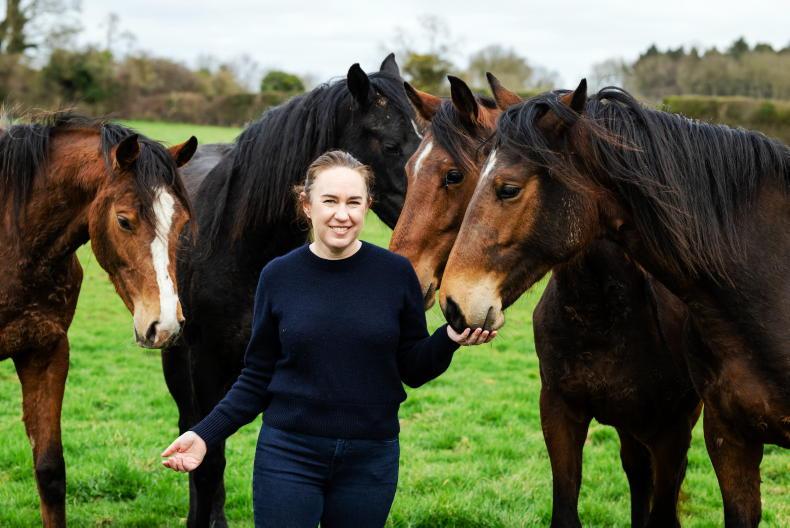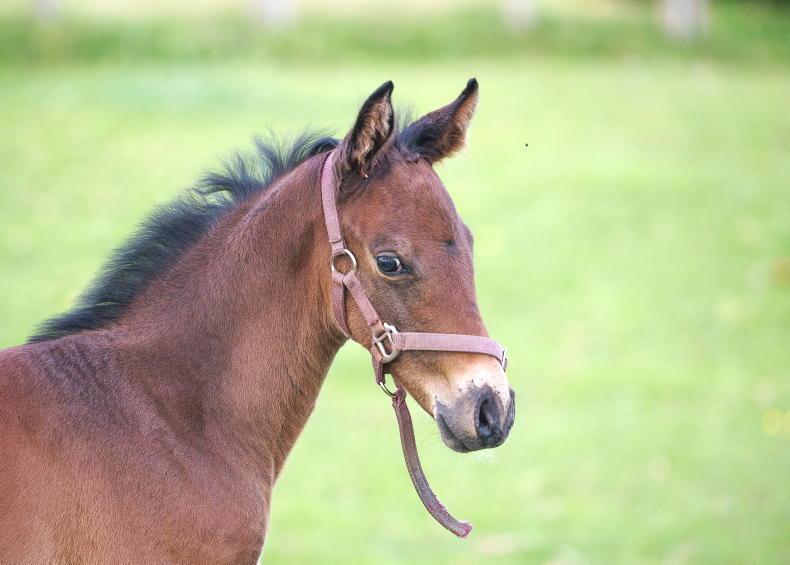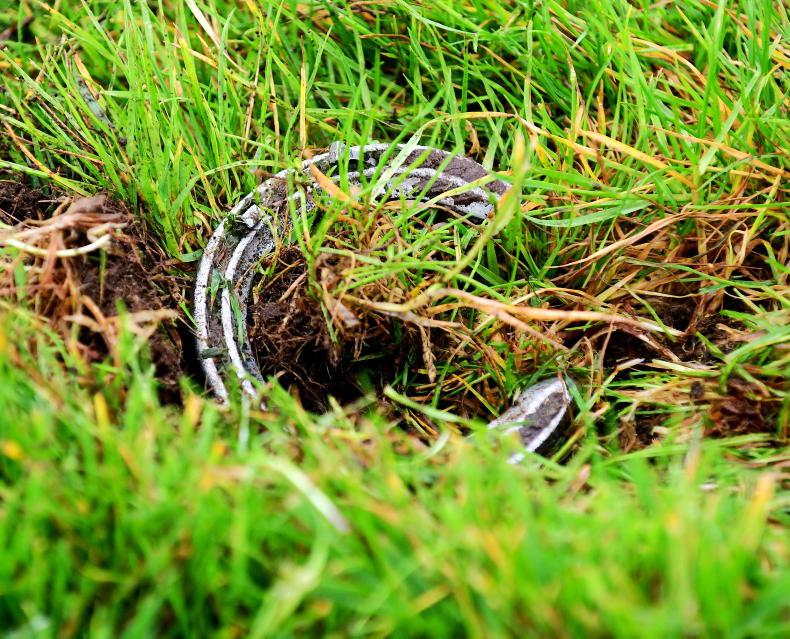AS the equine sector waits patiently for the fine print details of the proposed TAMS II equine facilities support and approval criteria from the Department of Agriculture, Food and the Marine (DAFM), I received an inquiry from an Irish expatriate contemplating a return to the family farm in Ireland seeking information of farm start up. I thought the following scenario detailing the potential direct farm payments available today from DAFM might enlighten other equine farmers, or potential young equine farmers, thinking about establishing their own equine breeding and production enterprise.
I stress that these are projections based on the best available sources of information from DAFM, CAP transitional schemes, 2022 scheme payment rates and from the CAP Payments Calculator which can be found here: cap-calculators.apps.rhos.agriculture.gov.ie.
Equine farming industry findings
Of the 27,000 registered equine premises within DAFM it has been hypothesised that only 40% actually submit an annual Basic Payment Scheme (BPS) and Greening Payment Scheme application which will be replaced with the Basic Income Support Scheme (BISS) under CAP 2023-27.
Basic Payment Scheme applications annually to DAFM
Horse Sport Ireland’s (HSI) survey The Business of Breeding highlighted that 78% of respondents indicated the ‘Increasing Costs’ were the prime concern, the most significant increases being feed, fertiliser and fuel, and one of the major challenges cited as facing their farming enterprise.
Seventy-nine percent of breeders who did not have a second farming enterprise either hadn’t heard of TAMS II or had a limited understanding.
Equine farm enterprise: A fictional example
What size is the example farm?
The Business of Breeding found that respondents farm on average 65 acres, so this will form the land area for the fictional BPS application to DAFM for this example. The farm will operate as a mixed farming enterprise, sheep and horses, which typically complement a farm’s grassland management platform. A start-up stocking rate of 30 breeding ewes, four broodmares and eight young stock or horses in training forms the stocking rates.
What does the example farm need?
The enterprise is in need of modernisation and will require capital investment to offer a variety of equine commercial services including rearing, breeding and production. I aim to discuss availability of TAMS II to the given example once the DAFM TAMS II terms and conditions are available.
Who is the example equine farmer?
The equine farmer is recognised by the DAFM as a Young Equine Farmer and is a first-time herd or equine premises holder or new entrant, which allows the client to claim or draw down entitlements from the National Reserve and also enables them to receive the Young Farmer Installation Scheme (YFS) for five years. The equine farmer has opted to engage in the current environmental protection scheme ACRES and as the farm is based in the west of Ireland it is recognised under Greening and Area of Natural Constraints (ANC).
Knowledge Transfer Scheme 2024 – 2026
The proposed new Knowledge Transfer (KT) Scheme is to be implemented under the new CAP Plan 2023-27 and will offer participants a payment of €750 per annum and facilitators will be paid €500 per annum.
The scheme has a €71.1 million funding allocation which was recently highlighted at a Farming Advisory System (FAS) webinar. It is planned that there will be eight meetings per year, four of which must be based on a topic from a list of mandatory priority topics, and one of the meetings must include an expert speaker from a chosen field.
Equine specific Farming Advisory System advisers
Since my last article highlighting the lack of equine specific FAS advisers, I have recently been in contact with the Department of Agriculture, Food and the Marine and Horse Sport Ireland who have stated that their aim is to provide a more comprehensive list of equine specific advisers available to the sector and that there will be further recruitment of such advisers for CAP 2023-27.




 This is a subscriber-only article
This is a subscriber-only article
 It looks like you're browsing in private mode
It looks like you're browsing in private mode










SHARING OPTIONS: